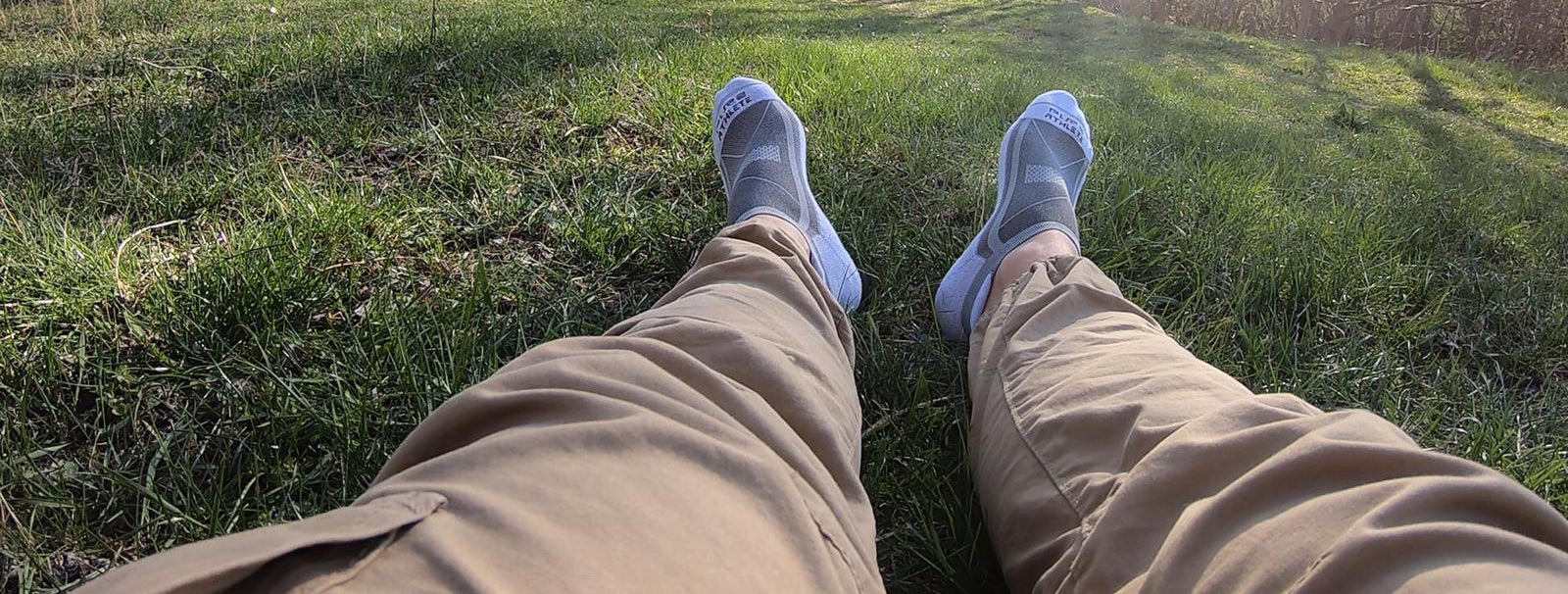FREE STANDARD SHIPPING On US orders of $50 USD or more
Menu

0
Your Cart is Empty





